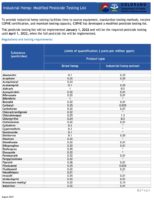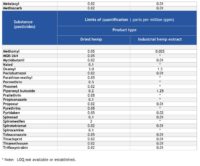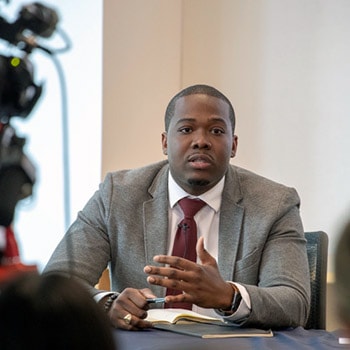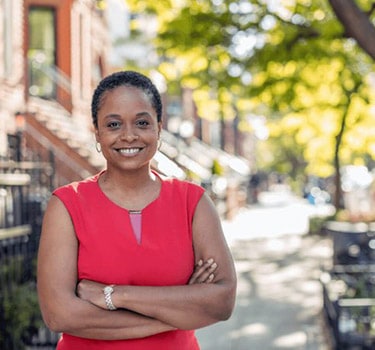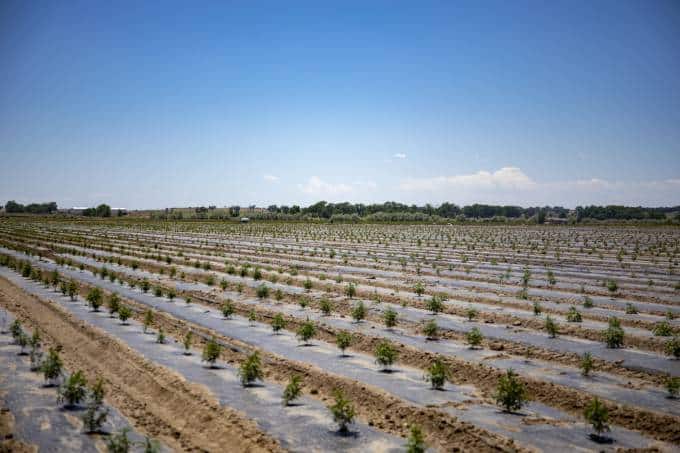OTTAWA and TORONTO, Sept. 01, 2021 (GLOBE NEWSWIRE) — PRESS RELEASE — HEXO Corp. and 48North Cannabis Corp. have announced that they have completed the previously announced arrangement, pursuant to which HEXO has acquired all of the issued and outstanding common shares of 48North by way of a court-approved plan of arrangement under the Canada Business Corporations Act.
Under the terms of the arrangement, each former shareholder of 48North is now entitled to receive 0.02366 of a common share in the capital of HEXO for each 48North Share held immediately prior to the completion of the arrangement. It is anticipated that the 48North Shares will be de-listed from the TSX Venture Exchange as of the close of trading on or about Sept. 2, 2021.
In order to receive the consideration, registered holders of 48North Shares will be required to deposit their share certificate(s) representing 48North Shares, together with a duly completed letter of transmittal, with TSX Trust Company, the depositary under the arrangement. Shareholders whose 48North Shares are registered in the name of a broker, dealer, bank, trust company or other nominee should contact their nominee regarding the receipt of the consideration.
Further information about the arrangement is set forth in the materials prepared by 48North in respect of the special meeting of 48North shareholders held on Aug. 17, 2021, which were mailed to 48North shareholders and filed under 48North’s profile on the System for Electronic Document Analysis and Retrieval (SEDAR) at www.sedar.com.
Warrants
Warrants to purchase 48North Shares, other than those exercised prior to 12:01 a.m. (Toronto time) on Sept. 1, 2021, will continue to remain outstanding as warrants of 48North, which, upon exercise, will entitle the holder thereof to receive, in lieu of the number of 48North Shares to which such holder was theretofore entitled upon exercise of such 48North warrants, the consideration in the form of HEXO Shares that such holder would have been entitled to be issued and receive if, immediately prior to the effective time, such holder had been the registered holder of the number of 48North Shares to which such holder was theretofore entitled upon exercise of such 48North warrants. All other terms governing the warrants, including, but not limited to, the expiry term, exercise price and the conditions to and the manner of exercise, will be the same as the terms that were in effect immediately prior to the effective time, and shall be governed by the terms of the applicable warrant indenture or the applicable warrant certificate.
As required by the warrant indentures in respect of the applicable warrants, HEXO has entered into supplemental warrant indentures in respect of such warrant indentures governing applicable warrants. A copy of each such supplemental warrant indenture will be available on 48North’s and HEXO’s respective SEDAR profiles at www.sedar.com.
Listed 48North Warrants
Prior to the completion of the arrangement, 48North had outstanding one class of warrants to purchase 48North Shares listed on the TSX-V under the trading symbol ‘NRTH.WT.’ It is anticipated that the listed 48North warrants will be listed and commence trading on the Toronto Stock Exchange (TSX) under the symbol ‘HEXO.WT.A’ as of the opening of trading on Sept. 3, 2021. The listed 48North warrants will then remain listed on the TSX until the earliest to occur of their exercise, expiry or de-listing. HEXO has entered into a supplemental warrant indenture in respect of the Listed 48North warrants, a copy of which will be available on 48North’s and HEXO’s respective SEDAR profiles at www.sedar.com.
Options
Holders of 48North options have received replacement options under the arrangement, exercisable for HEXO Shares at the same conversion ratio applicable to the 48North Shares. All other terms and conditions of the replacement options, including the term of expiry, vesting, conditions to and manner of exercising, are the same as the 48North options for which they were exchanged, and any certificate or option agreement previously evidencing 48North options now evidences (and shall be deemed to evidence) such replacement options.
Other Matters
48North has been granted exemptive relief from certain continuous disclosure and insider reporting requirements by the applicable securities regulators. Holders of Listed 48North warrants will be directed to reference, and rely on, the public disclosure filings of HEXO in lieu of those of 48North.
In connection with the completion of the arrangement, each of the officers and directors of the boards of directors of 48North and its subsidiaries resigned.
HEXO’s and 48North’s operations are subject to a variety of laws, regulations and guidelines relating to the marketing, acquisition, manufacture, management, transportation, storage, sale and disposal of cannabis but also including laws and regulations relating to health and safety, the conduct of operations and the protection of the environment. To the knowledge of HEXO’s management, HEXO and 48North have been and, following the completion of the arrangement, continue to be in compliance with all such laws. More specifically, to the knowledge of HEXO’s management, HEXO is in compliance with applicable laws in the jurisdictions in which it operates. Changes to such laws, regulations and guidelines due to matters beyond the control of HEXO and 48North may cause adverse effects to HEXO’s and 48North’ combined operations.
Advisors and Counsel
Cormark Securities Inc. acted as financial advisor to 48North. Norton Rose Fulbright Canada LLP acted as legal counsel to HEXO, and Bennett Jones LLP acted as legal counsel to 48North.

